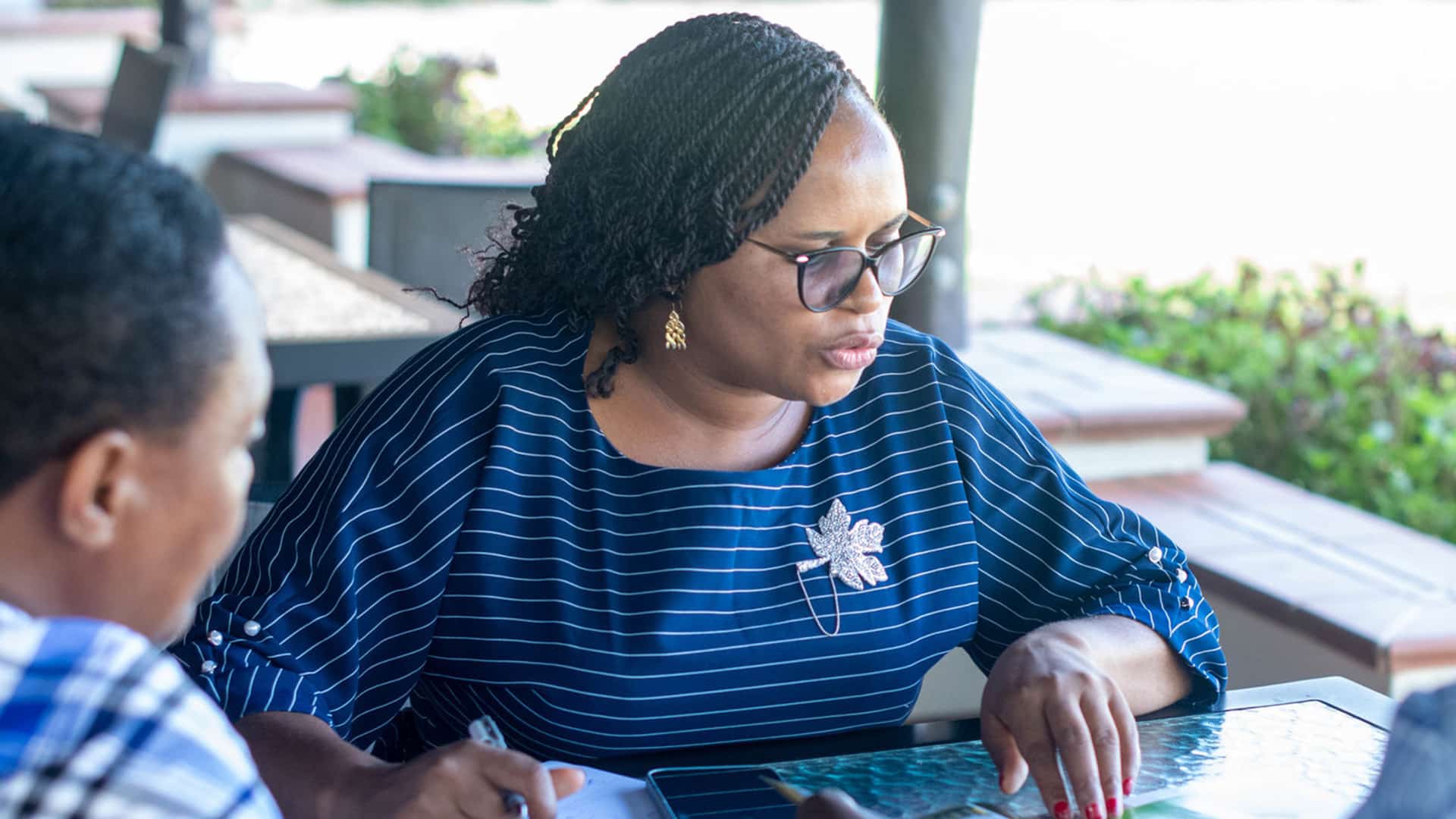Across the African, Caribbean, and Pacific (ACP) regions, the growing youth population presents a valuable asset that policymakers and governments have yet to fully utilise. Countries that act swiftly to capitalise on this demographic transition have a significant opportunity for economic transformation. To unlock this potential, we must move beyond traditional approaches to addressing youth […]
Summary Many African, Caribbean and Pacific countries have prioritised enhancing youth engagement in public-private dialogues (PPDs) to drive economic development and combat youth unemployment. Despite this, young people often find themselves marginalised from participation in PPDs aimed at improving the business environment for youth economic empowerment. Date: 19 February 2024 Time: 3:00 – 4:30 PM CET / […]
Many countries in the ACP (Africa, Caribbean and Pacific) region have made supporting young entrepreneurs a top priority for economic development and youth employment. Despite this, young entrepreneurs face challenging business conditions and complicated policy and regulatory contexts in launching and running their businesses. This webinar hosted by the ICR Facility provided an opportunity for […]
Through Public-Private Dialogue, Investment Promotion Agencies contribute to economic policy making and reform, whether through formal and structured processes or informally through their day-to-day activities and contacts with investors. In a previous series of peer-to-peer workshops, IPAs from 8 countries in the African, Caribbean and Pacific (ACP) region had the opportunity to exchange knowledge, share […]
Development Finance Institutions (DFIs) have a key role to play in promoting gender responsive finance and women’s economic empowerment (WEE). While the initiatives of multilateral banks are well-documented and communicated via events and publications, visibility of the efforts of national and sub-regional DFIs on this topic is low. Gender finance is not commonly highlighted on their websites […]
Investments in African, Caribbean and Pacific (ACP) countries have grown at a steady pace over several years, some of which have triggered disputes that require inclusive and effective resolution services in an increasingly challenging business environment. Arbitrage is one such a commercial dispute resolution method. Features like lower costs, quicker process times, and less formal […]
The countries of the African, Caribbean and Pacific (ACP) region are some of the most vulnerable to climate change. Scaling up finance for climate adaptation is critical, particularly across the diversity of private actors from households, through micro-small medium enterprises (MSMEs) to corporations, financial institutions and investors; all of which are influenced by public policy […]
Date 30.09.2021 Women are more likely to be unemployed, be economically inactive, work in the informal sector, and to have temporary or more precarious employment than men. A mix of social norms, time scarcity – in particular due to unpaid care activities – or the lack of quality and affordable care, discrimination, lack of mobility, […]
The COVID-19 crisis has taken a greater toll on women in the productive and labour force. Industries with strong women participation have been impacted more than others, creating significant disruptions, and loss of income and jobs. In other cases, when women are able to work remotely, their productivity is negatively affected and domestic violence is […]
Investing in women is not only a moral imperative – it is good business. Business creation and business revenue growth are crucial engines of economic growth and job creation. Advancing gender equality can add $13 trillion to global Gross Domestic Product (GDP) by 2030. However, women are less likely than men to own formal […]
How can Employer Business Membership Organizations (EBMOs) in ACP countries adjust their service offer in the context of the COVID-19 pandemic? The online live event assesses how Business Continuity Training can help SMEs preparing for and recovering from crisis situations such as the COVID-19 pandemic. This includes activities for preserving the business operations but at […]
The growth of the small and medium enterprises (SMEs) sector is one of the priority issues for economic development in ACP countries. SMEs are among the motors of job creation and GDP growth. They make an important contribution to economic diversification, social stability, and territorial prosperity. However, SMEs are still struggling with the problem of […]
